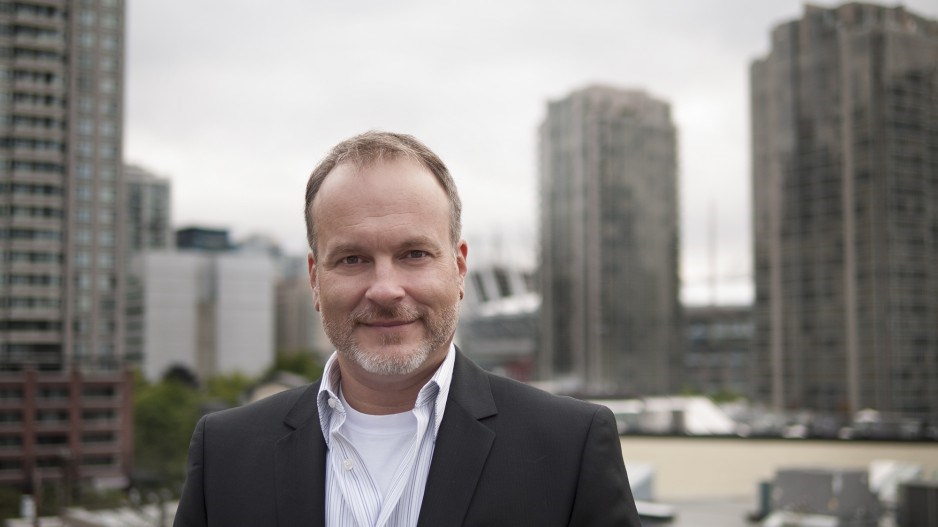Christopher Burcsik is the CEO of Minisis Inc., a software company that got its start within the Canadian government, but was spun off in 2000. The company specializes in databases and has a wide range of customers, from businesses to non-governmental organizations (NGOs).
The “social entrepreneurial” company sells its products for full price to businesses, but has differing price scales for non-profit organizations and customers in developing countries. Minisis has around 40 employees worldwide, with offices in Vancouver, Ontario, Trinidad and Tunisia.
It’s all made for an unusual business and an operating model that doesn’t always fit the mould of a traditional software company, Burcsik said. Over the years, he’s learned that traditional advice doesn’t supply an answer to some of the situations Minisis has faced.
“You always have to look around, ask people, read things, but ultimately you have to make your own decision,” Burcsik said. “When I started my own company I tried to base it off what other people did. What are the best practices?”
But there are no “best practices” for situations like the one the company recently faced.
“Last week we were supporting [an NGO] in Gaza. They said, ‘Can you wait? We’ll come back tonight and turn the generator on so you can dial in and help,’” Burcsik recalled.
“There’s no business model that says how the hell are you supposed to support someone who’s in the West Bank getting bombed daily.”
A less extreme example of the same concept, Burcsik said, happened back in 2000 when he had to make the all-important decision of which operating system to go with. Since Minisis had been founded on the concept of freeware, it made sense to go with Linux, an open-source OS. But in the end, he chose Windows.
“What I looked at was what was the most usable interface,” Burcsik said. “At that time, Windows had a future vision. Everybody was talking about Linux and it was free; Microsoft actually had a cost … What made my decision was, [with Windows] somebody’s getting paid, they’re investing in their product.”
On making decisions
“The way I’ve learned to make decisions is I have to read the theory, I have to read the TED kind of stuff where people think things are going, but I have to bridge that to my decision, saying, ‘This is what I’m going to do,’ understanding this is the plan and knowing that I’m going to have to adapt it. There’s no one solution.”




